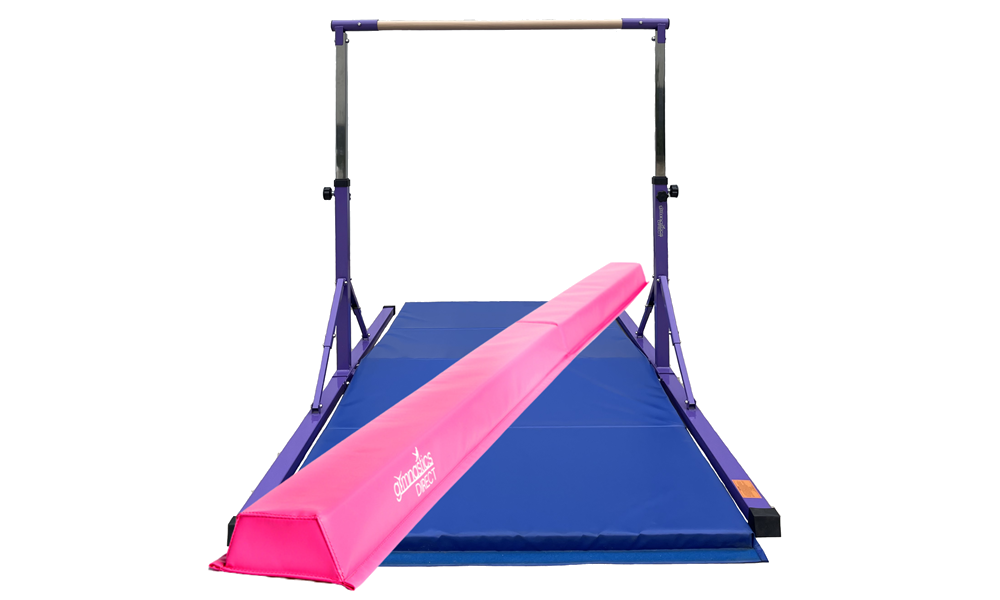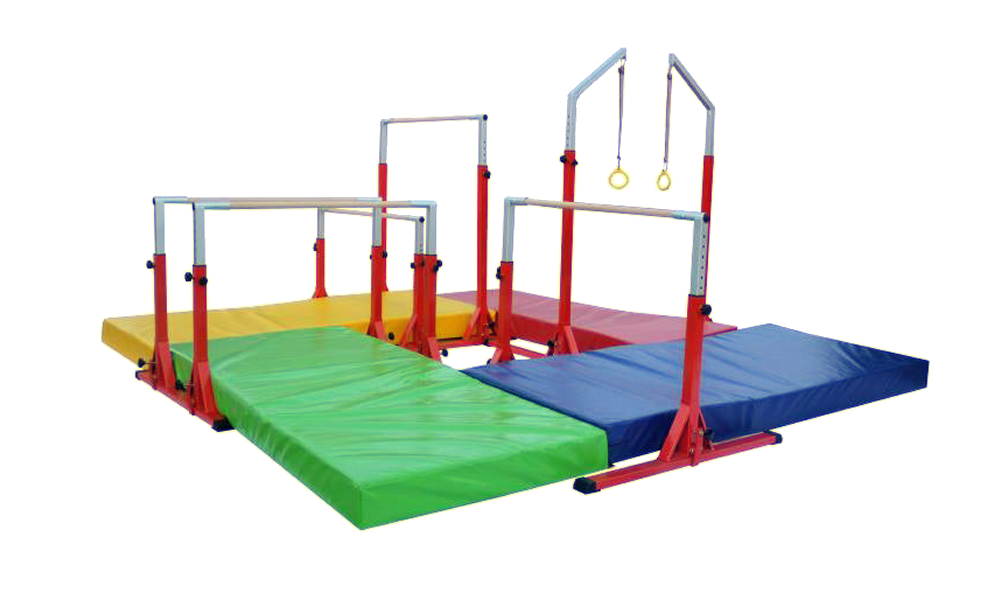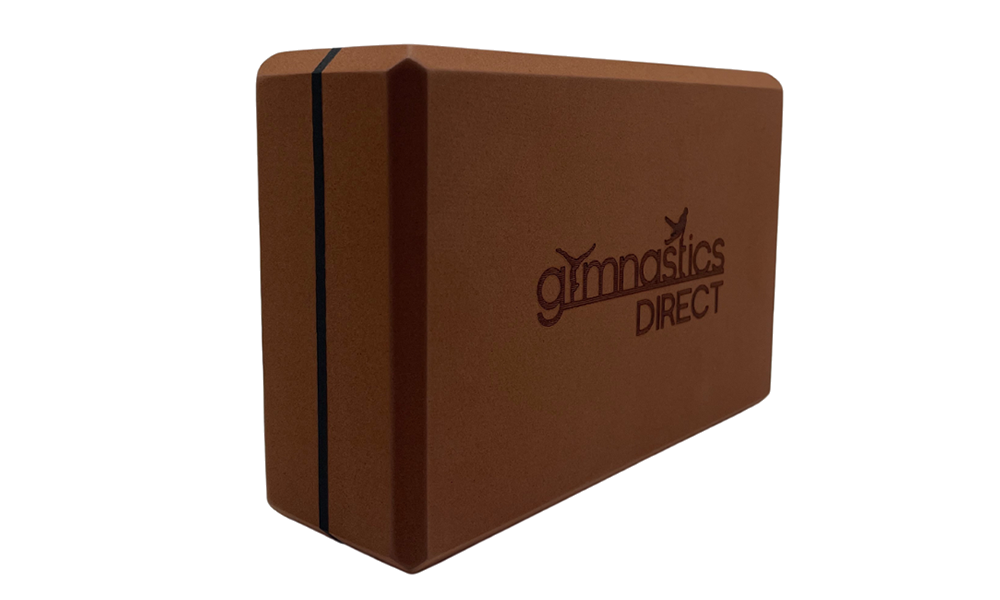Gymnastics Pre-Season Mistakes and How to Avoid Them
February 08, 2022 2 min read

The competitive year for the sport of gymnastics is well and truly underway! This is when everything learnt and gained throughout this time will all count! If you are new to competing in gymnastics, these are some common mistakes you should avoid when planning out your pre-season training regime.
1. Over Training or Under Training
According to Tim Gabbett, it is crucial to apply the appropriate level of training loads to athletes in gradual steps. This helps with fostering adaptation to specific movements and routines, which will not only help with increasing intensity and performance over a period of time but also prevent an athlete from over-training and injuring themselves.
" Both inadequate and excessive training loads [can] result in increased injuries, reduced fitness and poor team performance." (Gabbett, 2016)
The best way to combat this is through doing strength and conditioning exercises and stretching after training to help minimise the risk of injury. In some sports, having a de-loading week (where an athlete do their normal routine but at a lower intensity) set in their program is also crucial. This will help the athlete to mentally prepare for the next phase of training, and help them from feeling overwhelmed and burnt out!
2. Not Having a Plan
When it comes to training for any sports event or competition, it is important to have a set-out plan in place. This means having a training programme where you follow for a set period and have the intensity change slightly on a weekly to bi-weekly rotation.
If you are unsure where to begin, ensure that you sit down with your coach and underline the events that you will be competing in, your skills, and what you need to work on. Talking to them regularly helps in ensuring you meet the goals set before the big event!
3. Not Resting and Allowing Your Body To Recover
Training for a competition can be challenging, mentally and physically. Whilst ensuring that you are meeting the physical needs for the competition, rest and recovery are also very crucial. When we exercise, our muscles get tiny little tears in them. By resting, it allows the body time to repair and strengthen itself. For more information on rest and recovery for gymnasts, click here.
Another component that impacts training is the gymnast's nutrition. Fuelling your body with a whole range of nutritious foods and staying hydrated aids in the recovery process and gives gymnasts the energy levels for optimal performance within the training period. To read more about the best foods for gymnasts, click here.
How do YOU prepare for the competition season? Let us know in the comments!
Leave a comment
Also in Advice for Gymnasts

Overcoming fear on the Balance Beam
March 24, 2024 2 min read

Best Gymnastics Equipment for Beginners
January 09, 2024 3 min read 2 Comments





